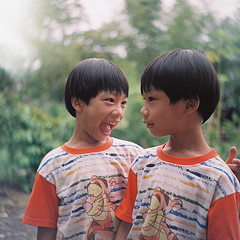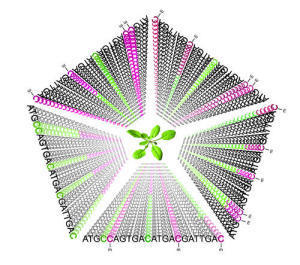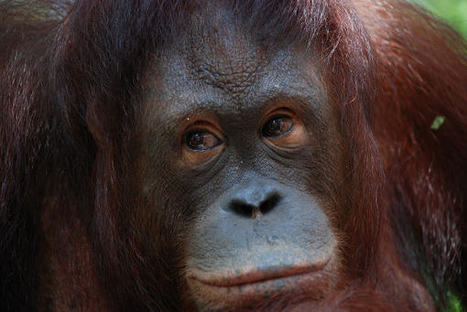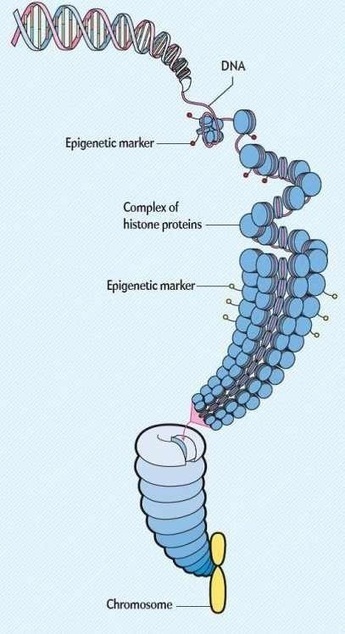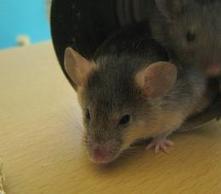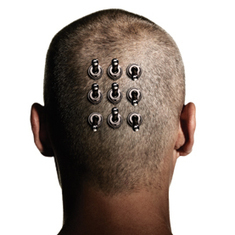This fascinating nugget from Crews et a. (open access) adds to accumulating evidence on the importance of experience induced modification of our genomes that can be passed between generations. (The experiments are on mice, because obviously you don't do this kind of study directly on humans.)
Research and publish the best content.
Get Started for FREE
Sign up with Facebook Sign up with X
I don't have a Facebook or a X account
Already have an account: Login

 Your new post is loading... Your new post is loading...
 Your new post is loading... Your new post is loading...
|

Caroline Hann's curator insight,
April 13, 2014 1:02 AM
Shows clearly the effects of methylation and acetylation on a gene
|







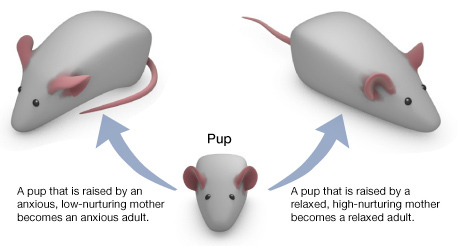
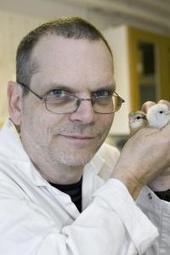
![My Mother, Myself [ANIMATION] | Science News | Scoop.it](https://img.scoop.it/RqLtVtw41_IjJKPSKCWgPDl72eJkfbmt4t8yenImKBVvK0kTmF0xjctABnaLJIm9)
